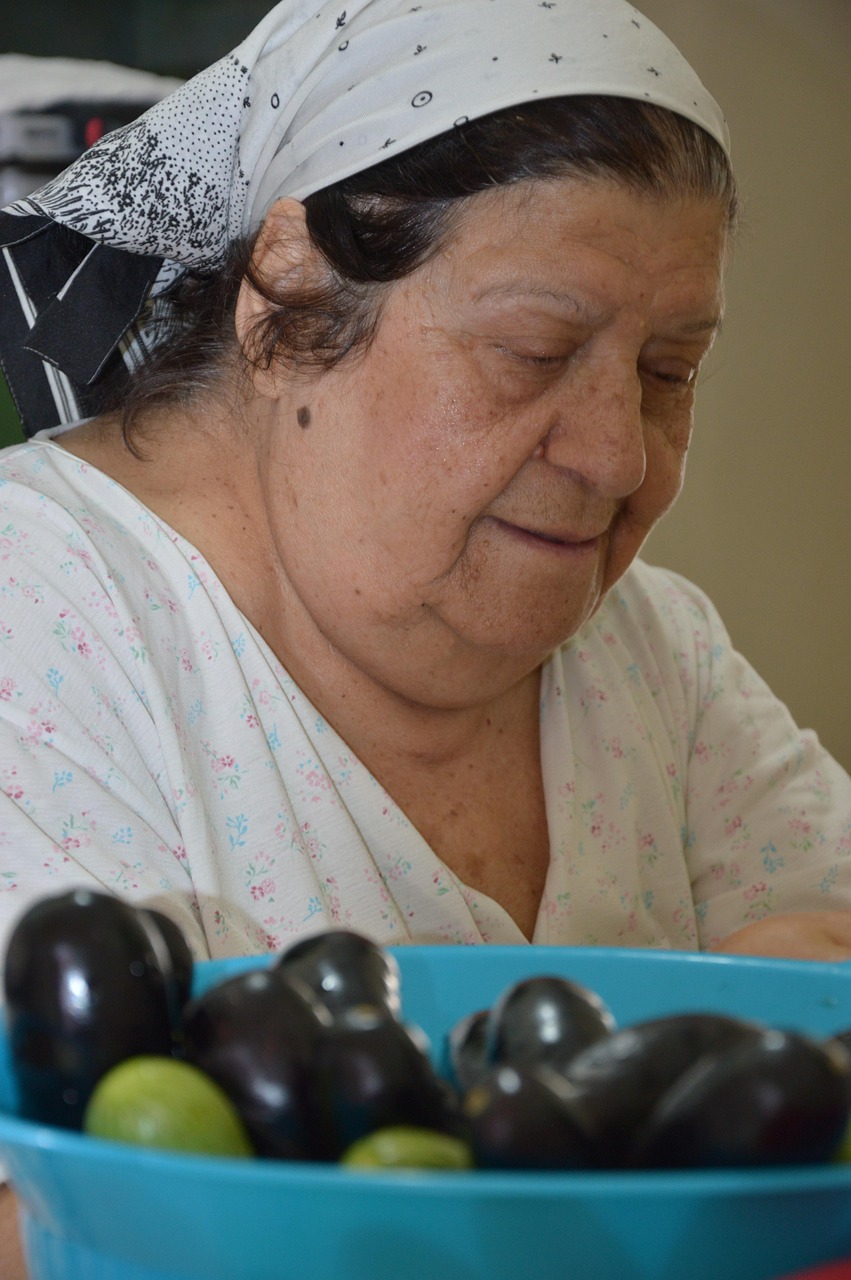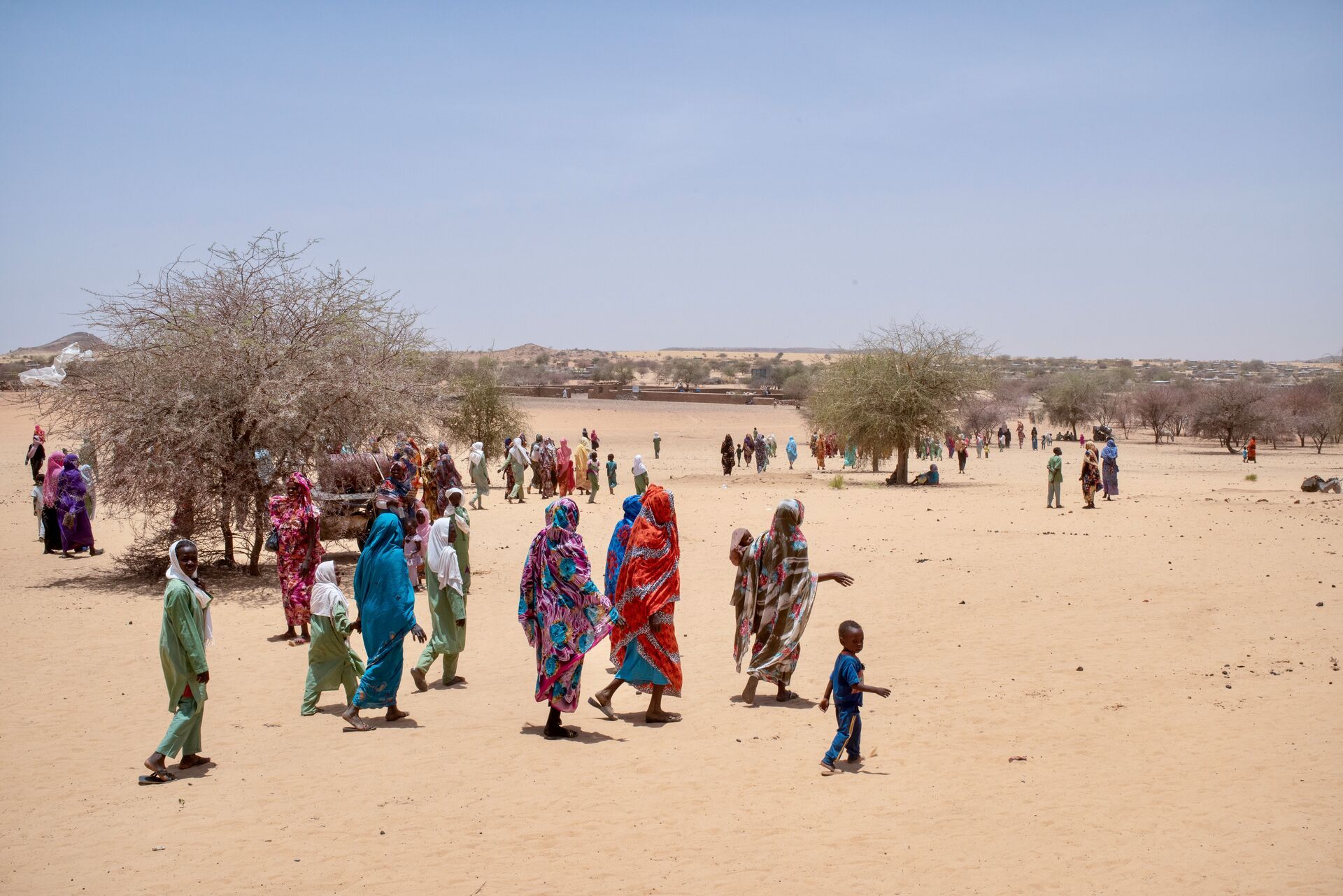
A Lebanese cook
Beirut: A “slight” deterioration of the food security situation is expected in Lebanon between December 2024 and March 2025, with about 1.65 million people likely to experience high levels of acute food insecurity (Integrated Food Security Phase Classification Phase 3 or above), up from 1.26 million before the escalation of conflict between Israel and Hezbollah.
A total of 201,000 individuals are likely to experience emergency levels (IPC Phase 4) – twice the number below, and 1.45 million people are likely to experience Phase 3. Among them, 970,000 Lebanese residents (25 per cent of the resident population) are likely to experience Phase 3 or above.
Lebanon’s refugee populations are particularly at risk, the report noted. 594,000 Syrian refugees (39 per cent of the total Syrian refugee population in Lebanon), and 89,000 Palestine refugees (40 per cent of the total Palestine refugee population in Lebanon) are likely to experience Phase 3 or above.
This makes nearly a third of Lebanon’s population face acute food insecurity following the escalation of conflict in late 2024 and the impact of hostilities on agriculture and the economy means recovery is likely to be slow.
These populations require urgent humanitarian action to reduce food gaps, protect and restore livelihoods and prevent acute malnutrition, According to a new food security assessment, developed by the Food and Agriculture Organization of the United Nations (FAO), the World Food Programme (WFP) and the Ministry of Agriculture of Lebanon.
Before the intensification of the conflict, 23 per cent of the population (Lebanese, Syrian, and Palestine refugees) was already classified as IPC Phase 3 or above (April–September 2024), totalling 1.26 million acutely food insecure.
“Lebanon’s worsening food security is no surprise,” said Matthew Hollingworth, WFP representative in Lebanon. “Sixty-six days of war, preceded by months of conflict, have shattered lives and livelihoods. While some can return home after the ceasefire, others face the harsh reality of having no home left to return to. At this critical moment, our mission is clear: to support the Government and the people in rebuilding their lives and food systems”.
The report projects that food insecurity is expected to persist over the next three months, with no short-term return to pre-crisis conditions. With challenges ahead, ongoing humanitarian efforts in supporting recovery will be critical.
The caretaker Minister of Agriculture, Dr Abbas Al-Hajj Hassan, emphasized the importance of sustainability, transparency, and trust in agricultural projects, highlighting the meeting as a result of extensive efforts and strong partnerships among stakeholders. He stated: “These partnerships strengthen our nation, which needs support from international bodies and local partners. Sustained cooperation is key to achieving sustainable development for Lebanon’s agricultural sector.”
Dr Al-Hajj Hassan underscored the national significance of assessing damages caused by the Israel war with Lebanon, noting: “This process began on day one of this war, resulting in joint technical committees with international organizations and local partners, enabling effective assessments”. He affirmed the project’s goal of compensating affected farmers: “Our priority is securing funding for damages, and we will work tirelessly to achieve this.” He concluded by reaffirming the ministry’s commitment to sustainable agricultural development and collaboration with all partners to address Lebanon’s challenges.
The conflict has severely disrupted economic activity and livelihoods across all sectors, the report said, noting that markets were still struggling to get back on their feet despite the November ceasefire. The sharp downturn deepened what was already a protracted economic crisis. The Lebanese economy has contracted by 34 per cent in real GDP since 2019, with investments stagnating.
“The escalation of hostilities has severely impacted farmers’ livelihoods, as well as agricultural assets and infrastructure, leading to heightened food insecurity and threatening the sustainability of farming activities,” said Veronica Quattrola, FAO Representative in Lebanon a.i. She added, “FAO is steadfast in its commitment to helping farmers resume production and supporting communities in rebuilding and enhancing their resilience.”
Malnutrition continues to pose a significant risk in Lebanon, particularly among children, adolescents, and women. A recent study revealed that three in four children under the age of five are eating diets with very little diversity, leaving them vulnerable to stunting and wasting.
In 2024, WFP provided food assistance to 750,000 people displaced by fighting, supplying hot meals, food supplies and cash assistance to people in shelters and communities across Lebanon. This year it plans to assist 2.5 million people, including almost 900,000 Syrian refugees in Lebanon.
– global bihari bureau
Image by Peggychoucair from Pixabay





